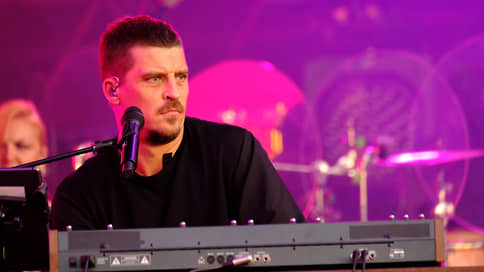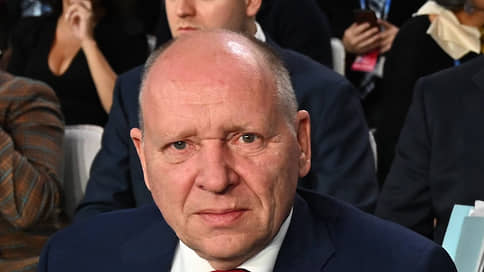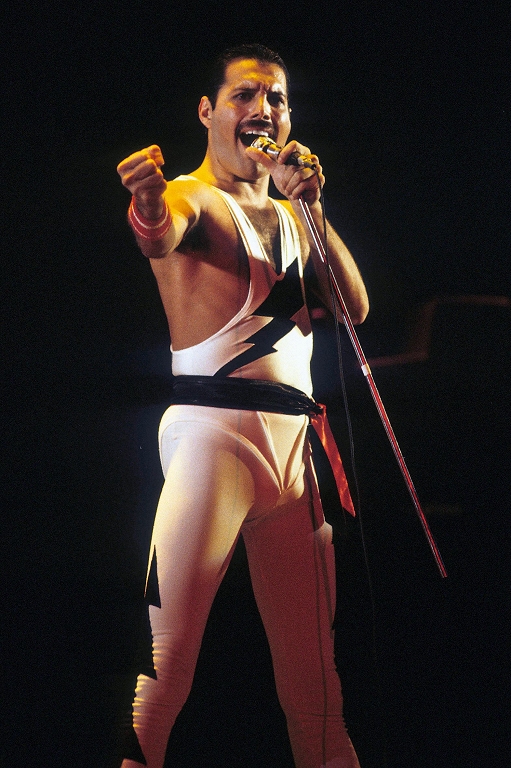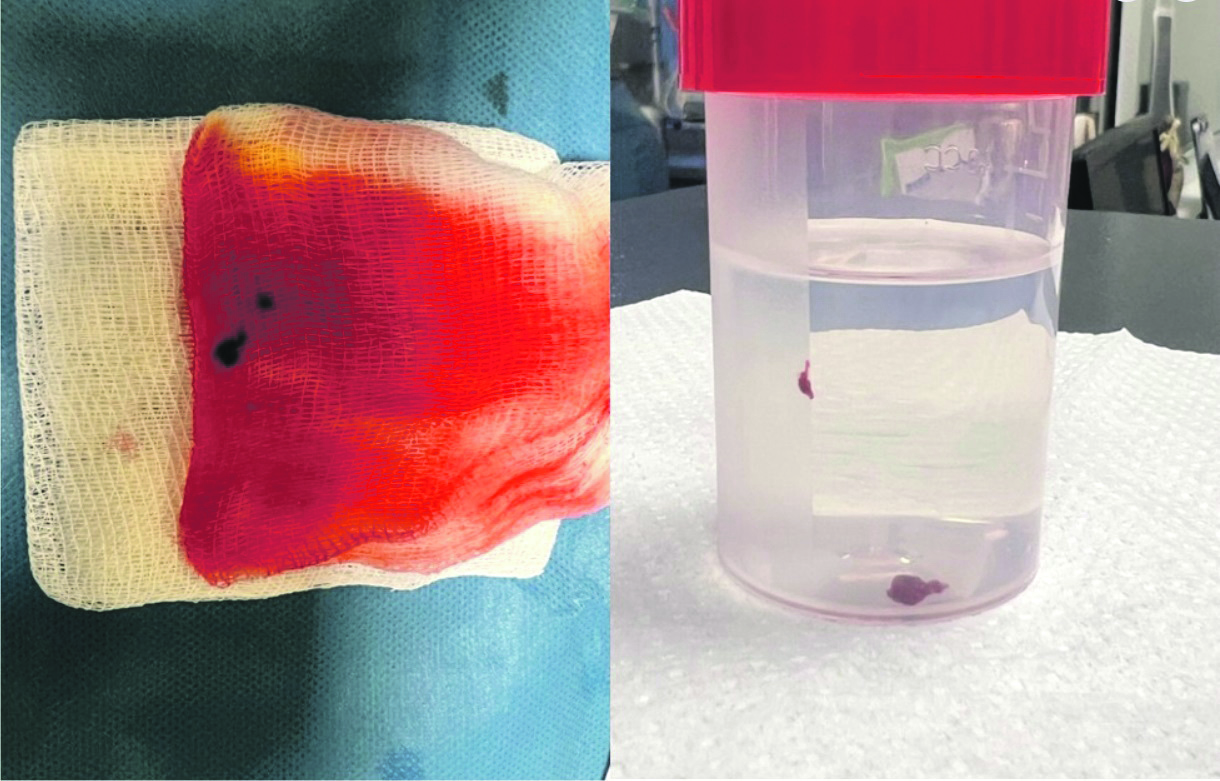How the regions relate to the new procedure for the election of mayors of regional capitals
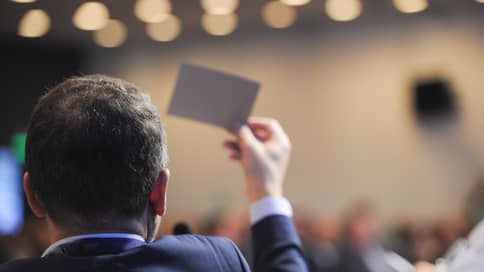
The new law on local self -government (MSU), enshrining the unified procedure for the election of mayors of the capital of the constituent entities of the Russian Federation – deputies of the City Duma from candidates proposed by the governor – is designed to strengthen the unity of power in current difficult conditions, most regional politicians surveyed by Kommersant. Many opposition deputies are still opposed to the reform, but they also admit that in fact, most of the capital mayors are now informal appointments of the heads of regions.
As Kommersant previously reported, the new Basic Law “On the General Principles of the MSU organization in a single system of public power”, signed by the president on March 20, provides for four ways to elect mayors, including direct elections. However, for the administrative centers of the constituent entities of the Russian Federation, the only option is recorded in the law: the election of the City Duma from among the candidates proposed by the Governor (See “Kommersant” from March 27). Now, in most capitals, mayors are selected according to the competition, and direct elections remained in Yakutsk, Khabarovsk, Chukotsk Anadyr and Khakass Abakan (see schedule).
But all 89 regions are ahead of their laws in accordance with the federal.
Chapter Khakassia Valentin Konovalov (Communist Party) on March 27 called the election of the mayor of Abakan by the population “a feature of the republic” and “a system of true democracy”. “But we understand that we cannot do anything against federal legislation and we will have to fulfill this law,” he admitted. Mayor Abakanthe representative of the United Russia (EP) Alexei Lemin also stands for direct elections: “This is the most democratic and most correct way. And the chapter must be accountable to the people who elected him. ”
In the press service Khabarovsk The regional Duma, which after the election-2024 is controlled by united Russia, “Kommersant” reported that they were ready to bring their laws in line with the federal, but “there is no information about the deadlines”. In the LDPR (this party, in fact, was in the ruling region from 2019 to 2024), the reform is also supported, Kommersant’s deputy Ivan Rybin assured Kommersant: “He will only benefit: it will save a large number of budget funds, increase the role of the deputy corps in the city government system.” At the same time, the former speaker of the Khabarovsk City Duma from the LDPR, and now a member of the Just Russia – for the Truth (SRZP), Mikhail Sidorov believes that in direct elections, the « indifferent residents » was the hope that they were « not sidelines from political life. »
In regions where there are no direct elections in the capitals, the attitude to reform follows from party affiliation: United Russia supports the new order, while the opposition usually opposes, although sometimes with reservations.
For example, a speaker Nizhny Novgorod Evgeny Lyulin (EP) considers the regional legislative assembly to be “absolutely logical” so that the governor offers candidates for mayor of the regional center: “For each of them, there will still be a serious check, because to put a person to lead such a large metropolis – this should not be emotional a solution.” First vice speaker Orlovsky The regional council Mikhail Vdovin (EP) is sure that “under existing conditions, centralization of power is more important than ever”: “We are obsessed with the victory – we will think about other schemes. And this scheme is now absolutely true, since it allows you to exclude dual power. ” And the head of the Commission on the MSU of the City Duma Yekaterinburg Dmitry Sergin (EP) recalls that the candidates for mayors are now selected by a commission, half of the appointment of the governor: “This model was applied when choosing the previous head of the city of Alexander Vysokinsky and the current head of Alexei Orlov. But in the first case, there were frequent conflicts, and now we see the coherence of the work of the team. Therefore, the model is good, but it all depends on people. ”
Of the opposition parties, the Communist Party remains the most implacable opponent of the reform. For example, the State Duma deputy and the leader of the Nizhny Novgorod Communists Vladislav Egorov is sure that “residents will be treated as an official, and not as their representative” to the elected in a new mayor. But the deputy of the State Council Tatarstan Eduard Sharafiev (LDPR), also calling himself a supporter of direct elections, draws attention to the “very complex situation in the country”: “Probably, this measure is timely and dictated by time so that the management in the regions is more vertical.”
At the same time, some oppositionists agree that the new procedure will change little.
Well, the most unexpected argument in favor of the new law was nominated by the deputy Astrakhan The regional Duma Evgeny Dunaev (SRZP), also protruding for direct elections: “We have one mayor (Mikhail Stolyarov. « Kommersant »), the other is sitting (Oleg Polumordvinov. – « Kommersant »), and for the post of current commission chose the one who has a criminal record for the official crime (in 2010, Igor Redkin received two years conditionally for the provision of services that do not meet security requirements. – « Kommersant »). When only the head of the region will choose candidates, then all political responsibility will fall on him. ”


